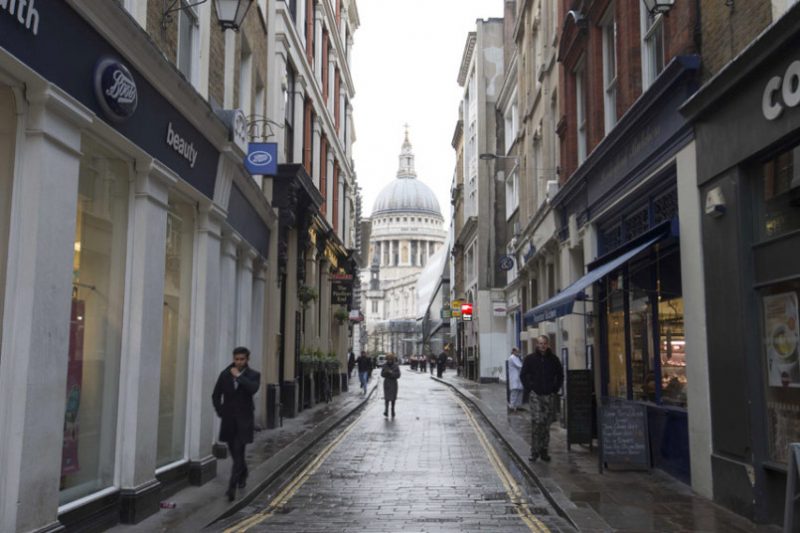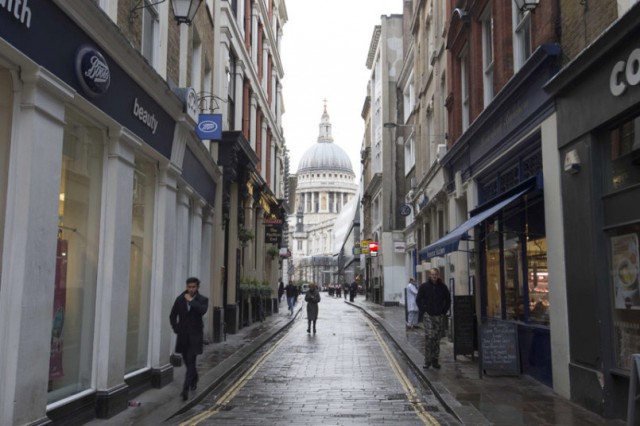In August 1940 Germany’s Luftwaffe undertook a mission to bomb numerous RAF airfields. Their mission, however, went drastically wrong.
They bombed off-target and hit many homes, killing civilians, so Winston Churchill responded immediately with a bombing raid on Berlin the very next night. In a war of retaliation, the Nazis then responded with a massive bombing offensive on Britain that lasted for almost ten months. Germany’s Luftwaffe started their offensive with almost two months of constant night raids on London, known as the Blitz. London was bombed over 70 times, while Birmingham, Liverpool and Plymouth suffered around eight bombings. Other cities that were bombed include Bristol, Glasgow, Southampton, Portsmouth and Hull, along with other smaller towns of military importance.
Today the areas bombed by Germany have been rebuilt and repopulated. But in 1940 London was filled with firemen working round the clock to put out fires. London’s financial district, known as the ‘City’, was particularly hard-hit; large parts of it were destroyed and office buildings on streets such as Cheapside and Threadneedle were rendered unsafe. Meanwhile the famous dome of St Paul’s remained stalwart in the face of the ferocious bombing.
Another targeted area around London was in and around Westminster, with Whitehall and the Houses of Parliament key targets. Transport hubs took a beating, with St Pancras station blown to pieces and the shops of London’s west end taking their fair share of the German attack.
Over 40,000 people were killed in the bombings around Britain. London suffered the most, with over 20,000 locals killed and more than one million homes destroyed.
It was Germany’s intention to injure British morale and convince them to surrender, while also damaging the British war effort. But that was never the result — British war production and industry continued, even increased, during the months of the bombings.
The ultimate intention of the German air bombings was to lay the groundwork for a German invasion of Britain, but this never occurred. By the following year it was evident that Germany was not going to succeed in Britain, and Hitler turned his focus to the Soviet Union in the East, The Telegraph reports.
The bombing raids that the Allies undertook on Germany was equally if not even more destructive. When the Allies bombed Hamburg in 1943 there were more than 40,000 civilians killed in that one city.
Historians suggest that Germany failed in its air war because its commanding officers did not remain focused on one particular war-related industry or target. They would often change strategy and tactics, and it is thought that this inconsistency did not put enough pressure on any one sector of British war production, meaning that on the whole it could continue.
It is also believed that German intelligence was not as good as it should have been in informing the Luftwaffe of targets. Also, the Luftwaffe’s fleet did not have a four-engine bomber, which would have been more successful in a longer-term strategy.

